Rev’s Transcript Library
Explore our extensive collection of free transcripts from political figures and public events. Journalists, students, researchers, and the general public can explore transcripts of speeches, debates, congressional hearings, press conferences, interviews, podcasts, and more.
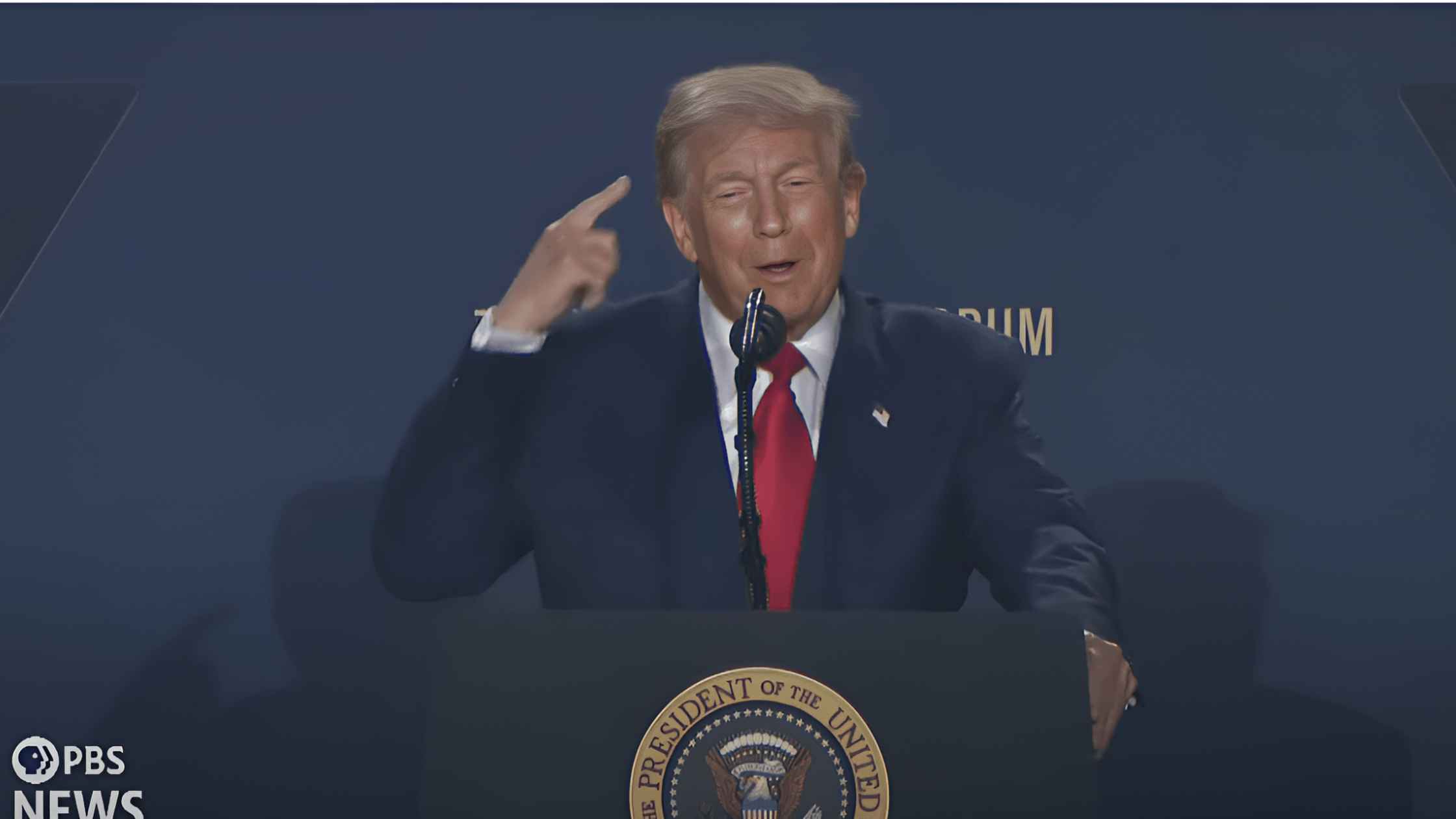
Trump AI Action Plan
Donald Trump reveals ‘AI Action Plan’ shaped by his tech supporters. Read the transcript here.
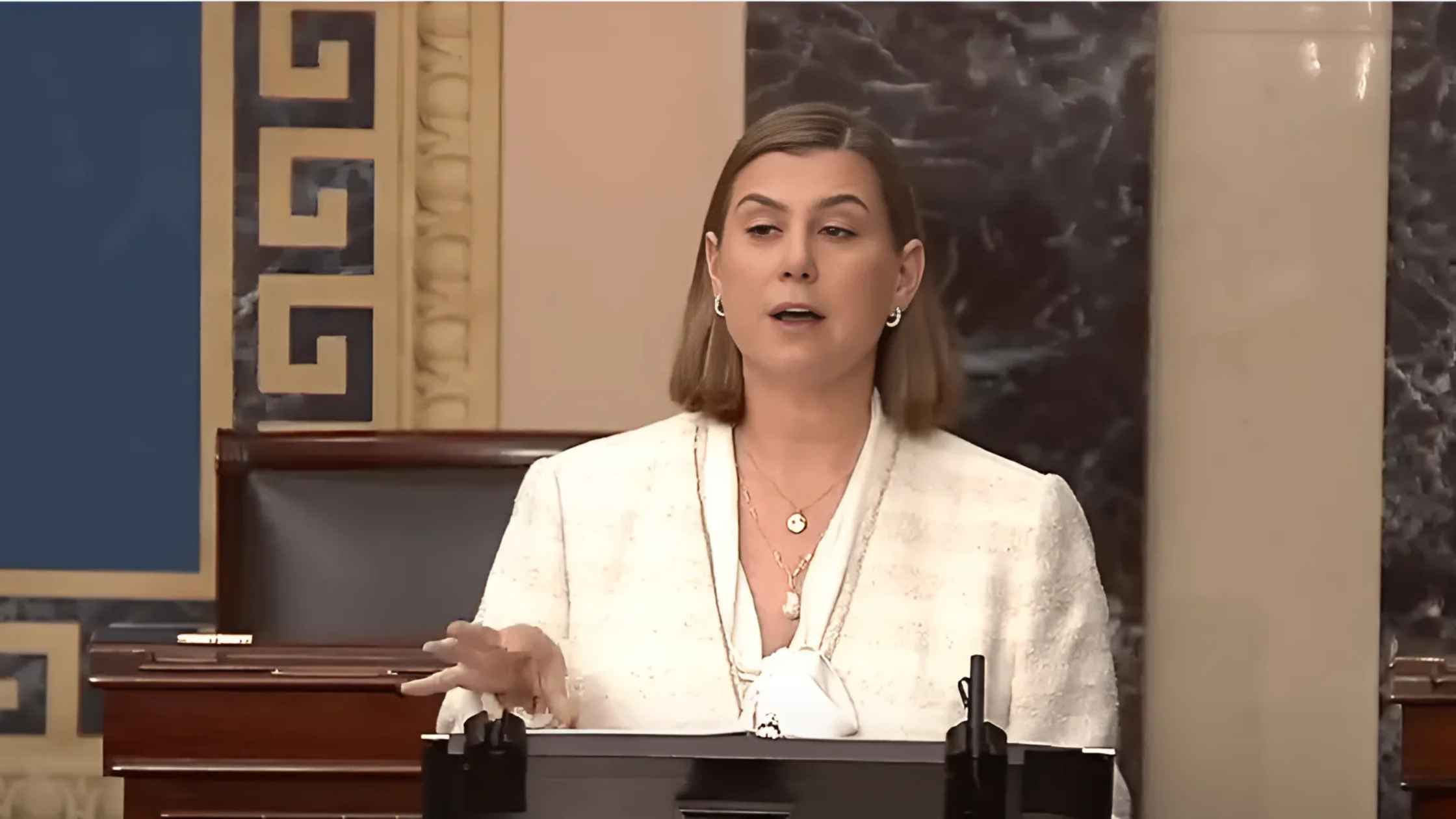
Elissa Slotkin Maiden Speech
Elissa Slotkin receives a standing ovation after delivering her Maiden Speech on the Senate floor. Read the transcript here.
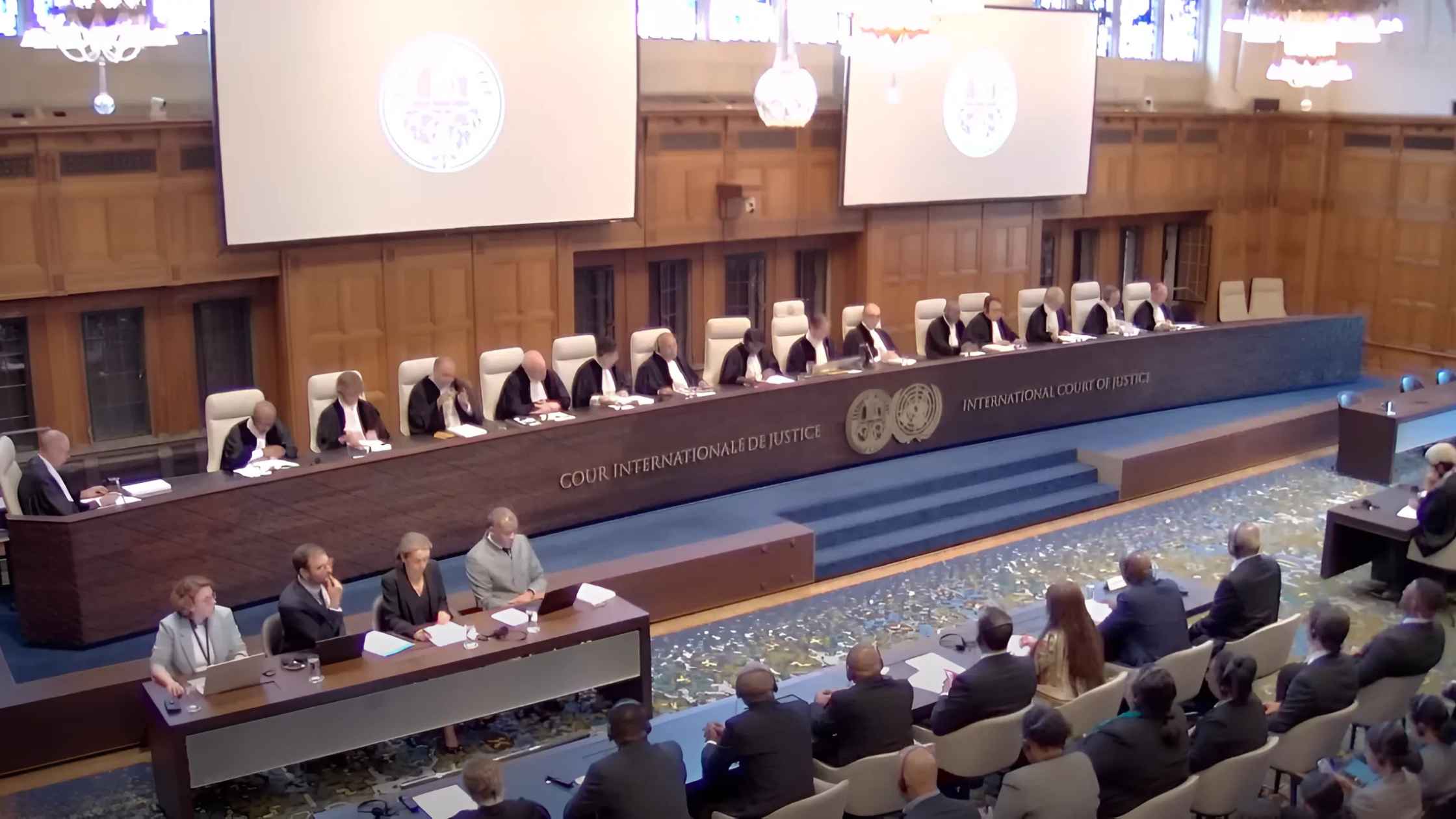
World Court Climate Change Opinion
International Court of Justice gives opinion on the obligations of states and climate change. Read the transcript here.
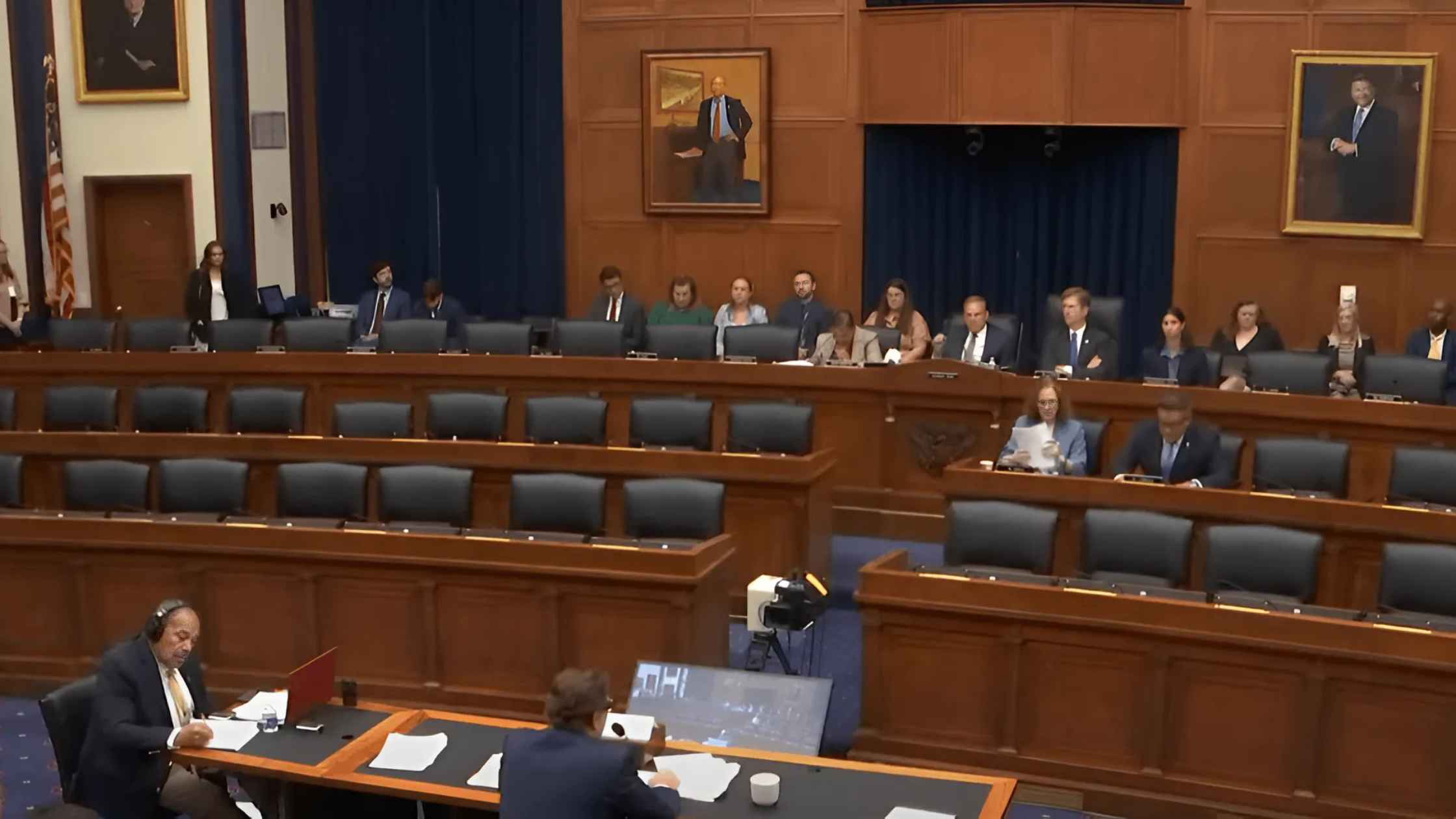
FEMA Disaster Response Hearing
The House Transportation Committee holds a hearing on examining FEMA's disaster response. Read the transcript here.
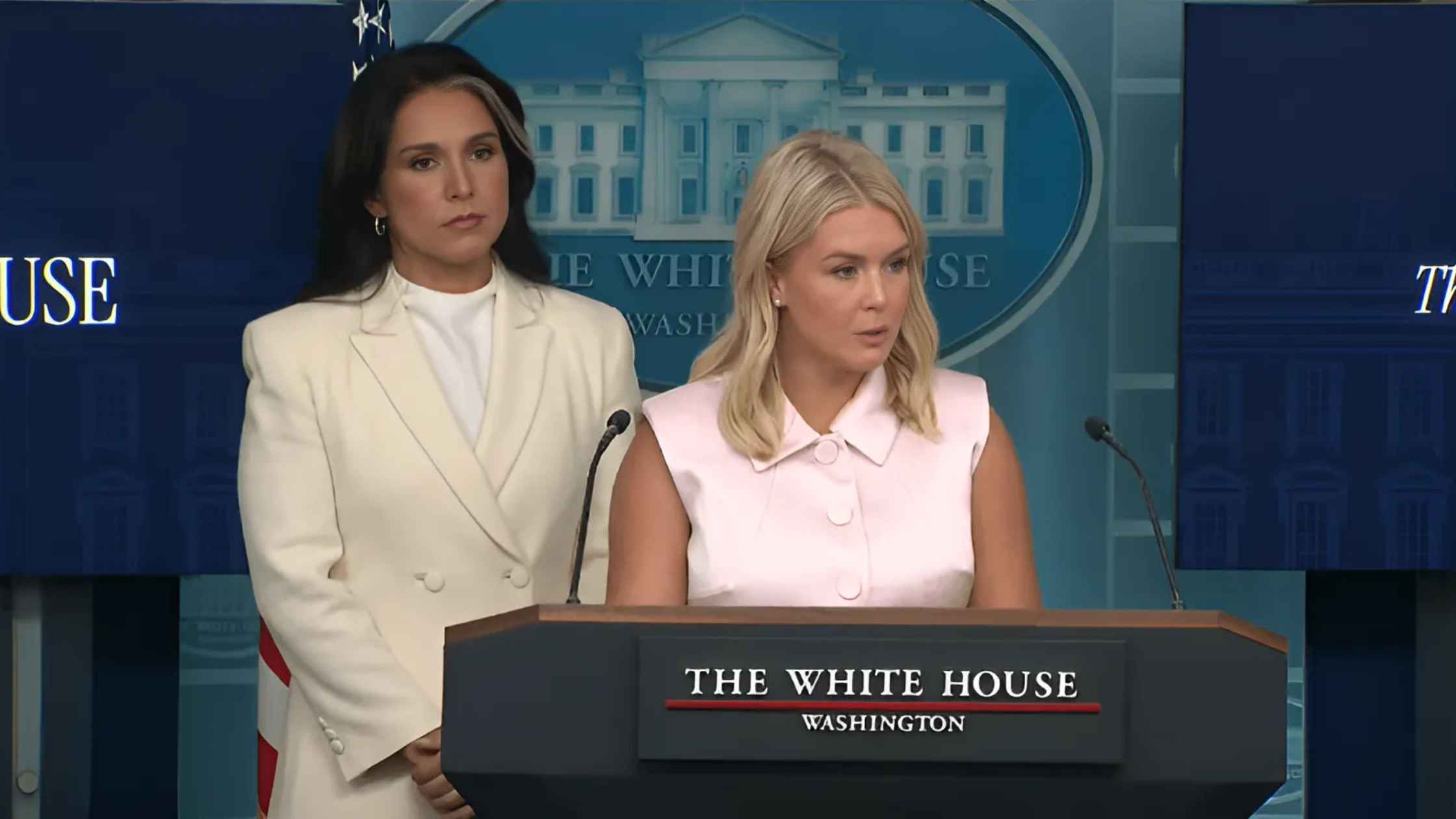
Karoline Leavitt White House Press Briefing on 7/23/25
Karoline Leavitt holds the White House Press Briefing for 7/23/25. Read the transcript here.
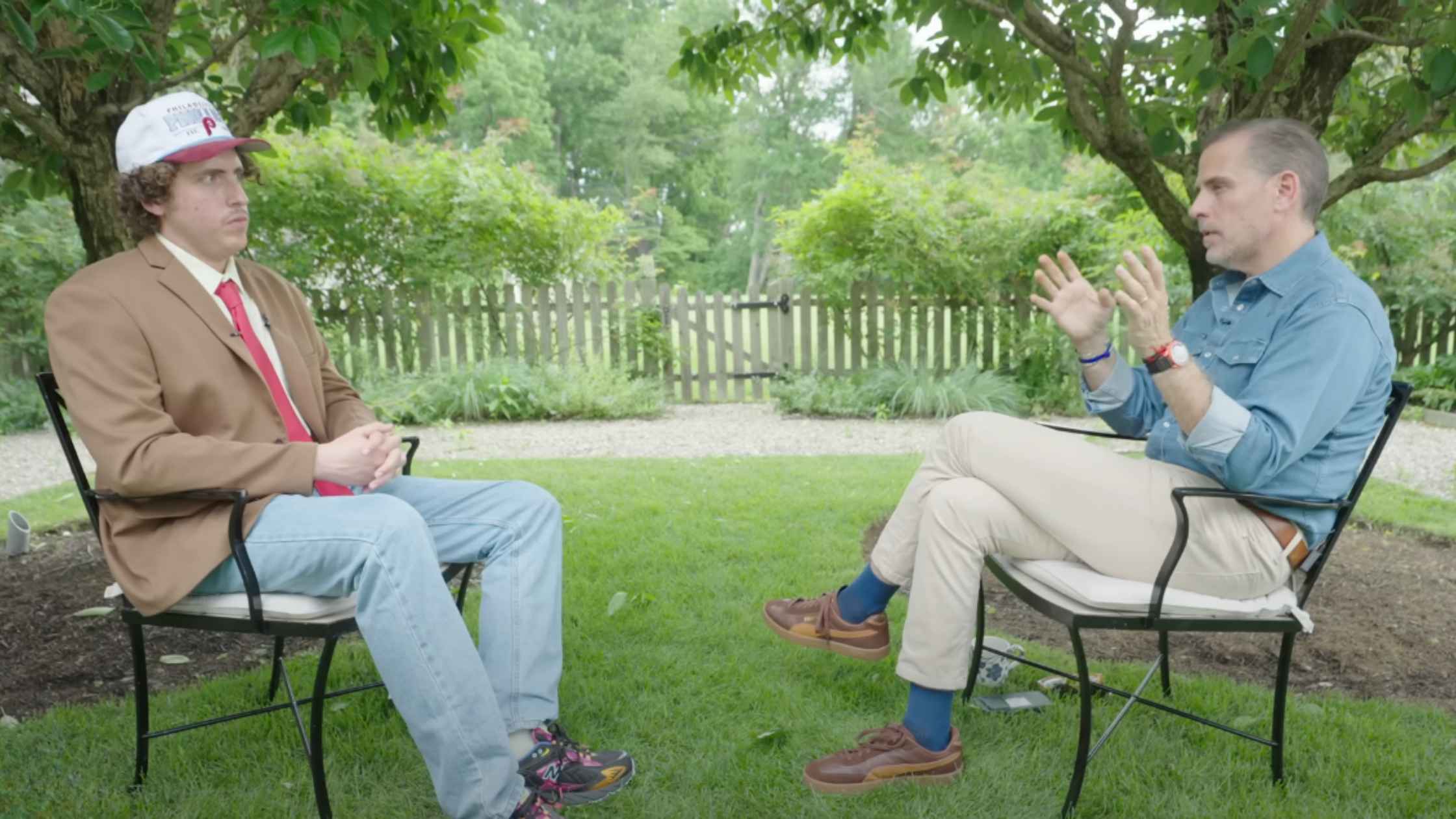
Hunter Biden Interview
Andrew Callaghan sits down for an in-depth interview with Hunter Biden. Read the transcript here.
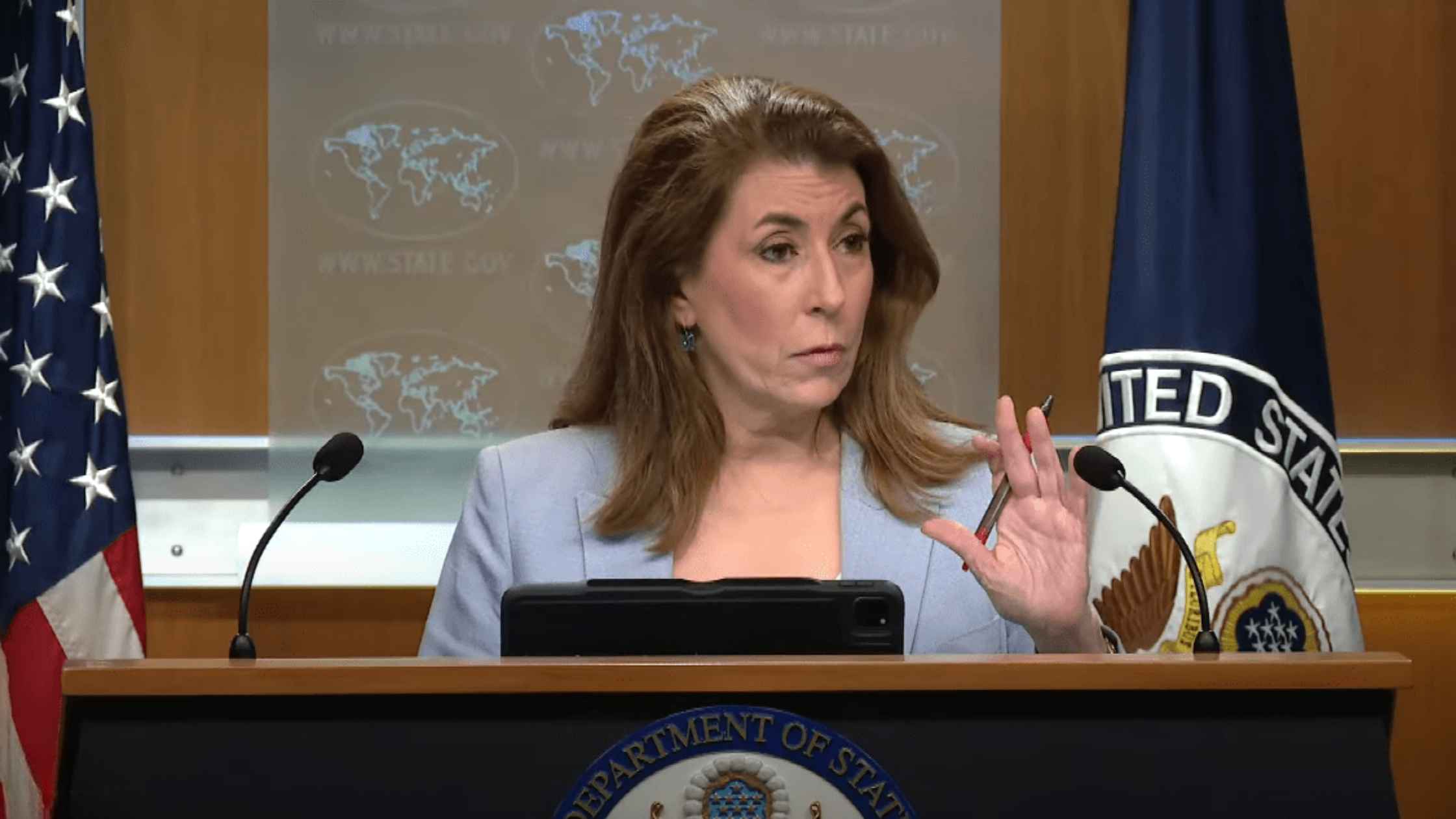
State Department Press Briefing for 7/22/25
Tammy Bruce leads the State Department briefing for 7/22/25. Read the transcript here.
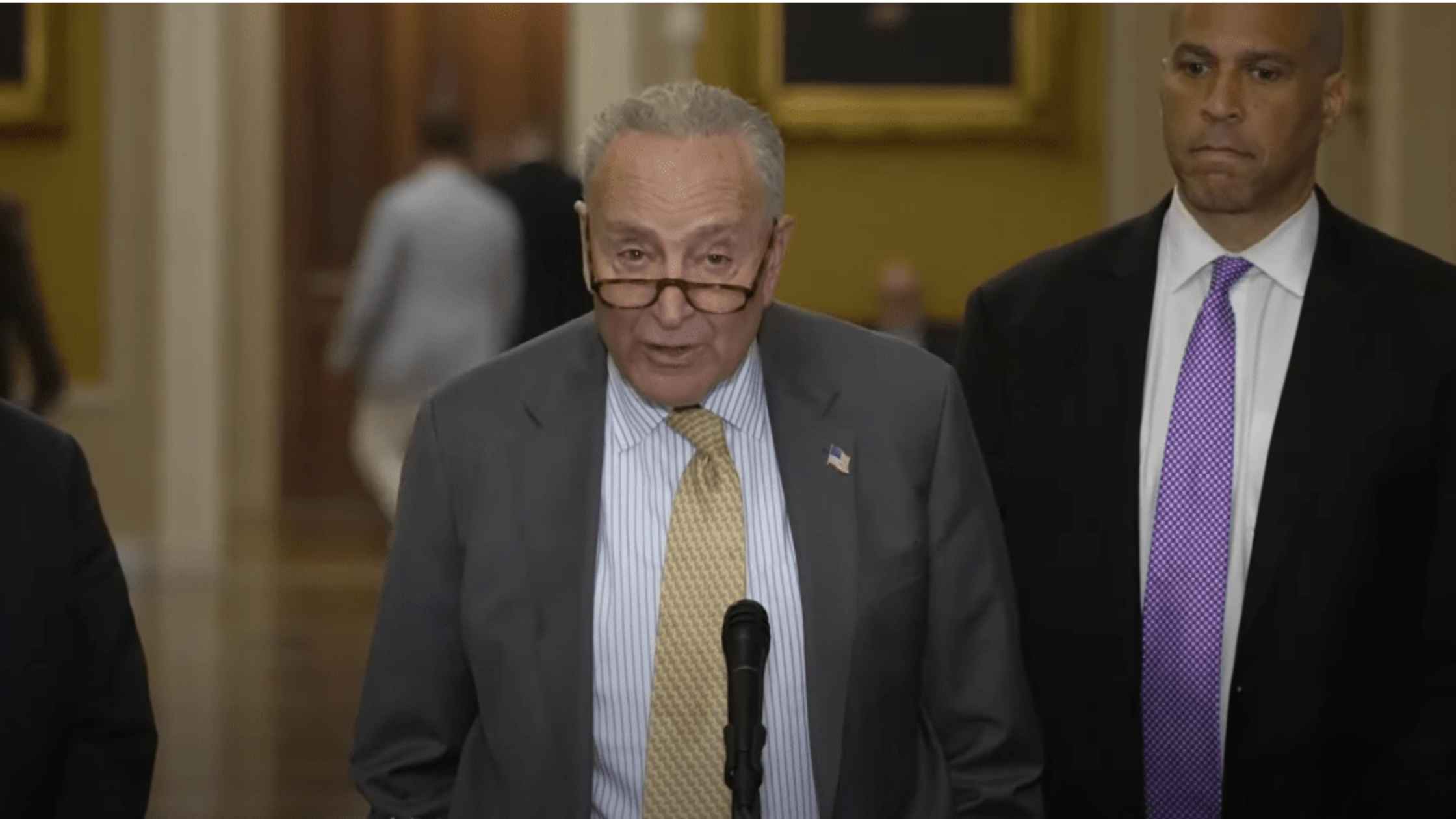
Democrat News Briefing 7/22/25
Senate Democratic leaders hold a news conference on 7/22/25. Read the transcript here.
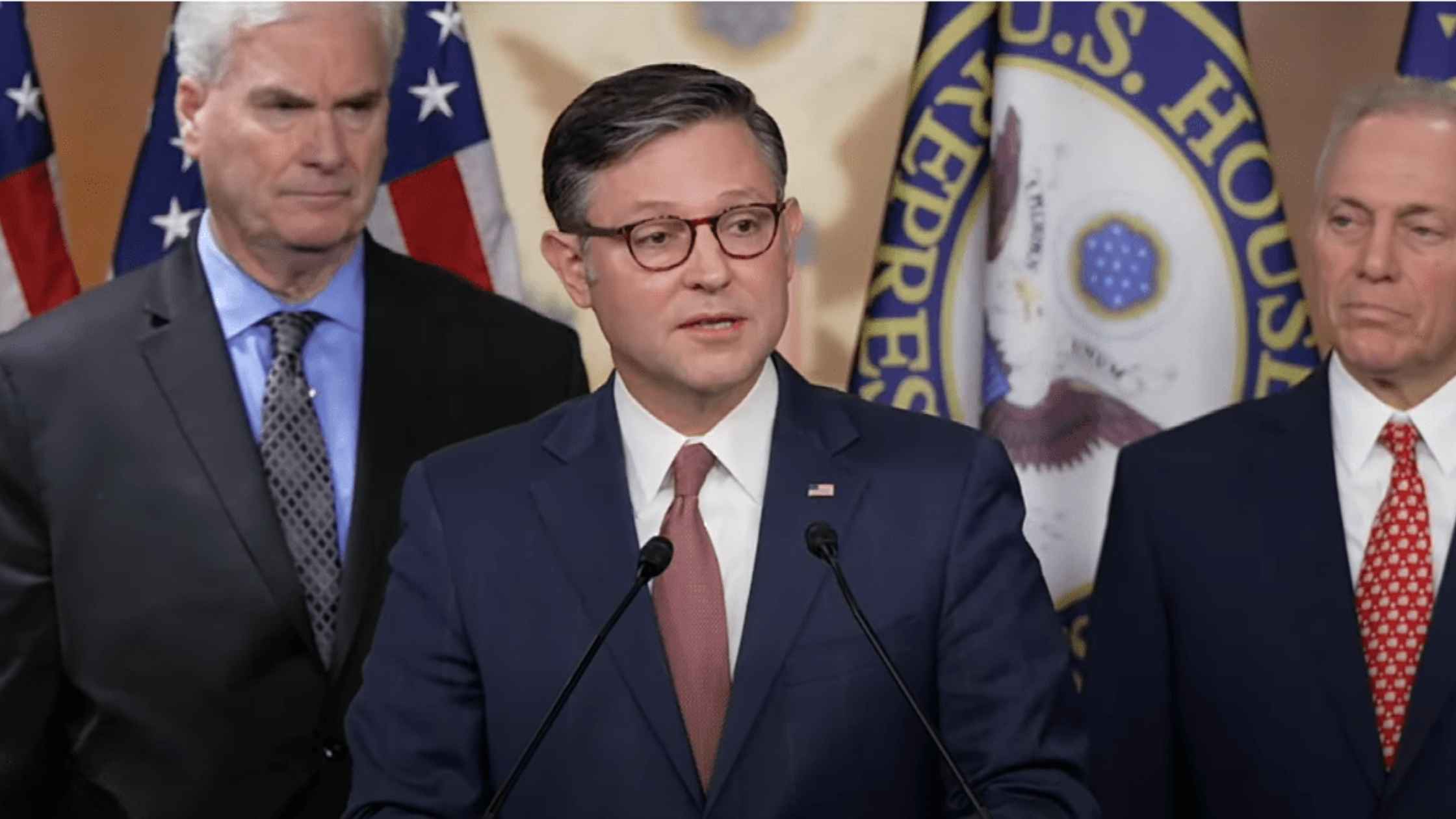
GOP News Briefing 7/22/25
House GOP leaders hold a news conference on 7/22/25. Read the transcript here.
Subscribe to The Rev Blog
Sign up to get Rev content delivered straight to your inbox.


